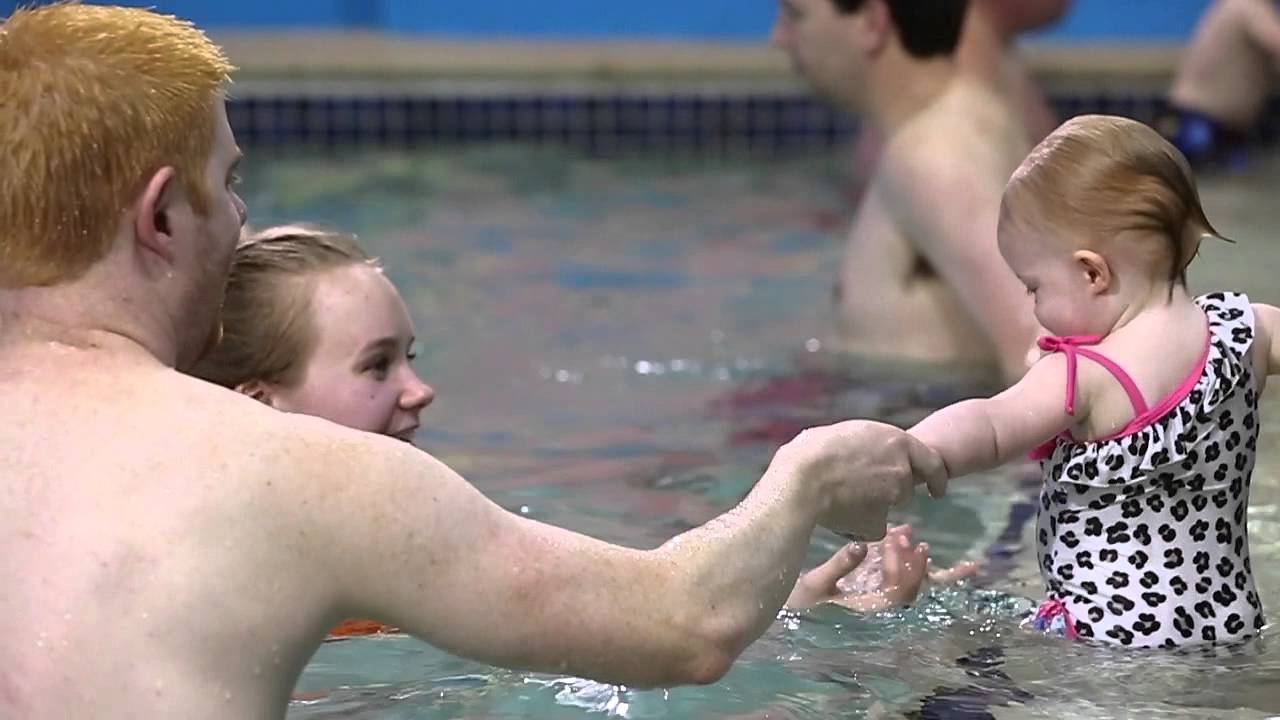Vacations are often seen as a much-needed break from the routines and stresses of daily life. But beyond providing relaxation and adventure, vacations can also have a profound impact on relationships. Whether you’re a couple navigating the complexities of a long-term partnership, new love, or even trying to rekindle a connection, taking a trip together offers unique opportunities to strengthen your bond and create lasting memories.
So, do vacations really help relationships? The answer is a resounding yes. In this article, we’ll explore how vacations can benefit relationships, why traveling together can bring couples closer, and what makes these shared experiences so powerful.
1. Reconnecting Through Quality Time
In the hustle and bustle of everyday life, it can be difficult for couples to find uninterrupted quality time together. Work, family obligations, and other responsibilities often leave little room for meaningful connection. Vacations offer an opportunity to break away from these distractions and focus on each other.
Why Quality Time Matters:
- Deepening Emotional Intimacy: Quality time allows couples to engage in deeper conversations, share thoughts, and express feelings that may be neglected in daily life. This emotional intimacy helps couples understand each other better and strengthens their connection.
- Rekindling Romance: Time away from the usual environment can help couples rekindle the romance in their relationship. Whether it’s enjoying a sunset together, having a candlelit dinner, or simply walking hand-in-hand on the beach, vacations create space for spontaneous romantic moments that can reignite the spark.
How Vacations Foster Quality Time:
Vacations encourage couples to spend extended time together in a relaxed setting. Without the pressure of schedules and deadlines, couples can focus on enjoying each other’s company, which fosters a stronger bond and allows them to reconnect emotionally and physically.
2. Creating Shared Experiences and Memories
One of the most significant benefits of taking vacations as a couple is the creation of shared experiences and memories. These moments, whether big or small, form the foundation of a relationship and contribute to a couple’s sense of unity.
The Importance of Shared Experiences:
- Building a Sense of Partnership: Traveling together often requires teamwork, problem-solving, and collaboration, which can reinforce a sense of partnership and mutual support.
- Strengthening Bonding: Sharing new experiences—whether it’s exploring a foreign city, hiking a scenic trail, or trying new foods—creates lasting memories that couples can look back on and cherish. These shared moments serve as positive anchors in the relationship, reminding couples of the fun, adventure, and joy they’ve experienced together.
- Celebrating Milestones: Vacations provide the perfect opportunity to celebrate relationship milestones, such as anniversaries, birthdays, or other significant moments. These celebrations away from home allow couples to create special memories tied to important occasions in their lives.
3. Reducing Stress and Strengthening Communication
Stress can take a toll on any relationship, leading to tension, misunderstandings, and communication breakdowns. One of the key ways that vacations help relationships is by offering an escape from everyday stressors, giving couples the space to relax and communicate more effectively.
How Vacations Reduce Stress:
- Change of Scenery: Stepping away from familiar surroundings and routines helps clear the mind and reduce stress. This change of scenery allows couples to relax and reset, leading to a more positive mindset and greater patience with each other.
- Detoxing from Technology: Vacations often encourage couples to disconnect from technology and focus on the present moment. Without constant distractions from work emails, social media, and other demands, couples can engage more fully with each other and enjoy meaningful conversations.
Better Communication in a Relaxed Environment:
When couples are relaxed and free from stress, communication naturally improves. Being in a new and calming environment often allows couples to discuss topics that may have been overlooked or avoided in daily life. Without the pressure of deadlines or work-related issues, couples can engage in deeper conversations, share their thoughts and feelings, and resolve any lingering conflicts.
4. Building Trust and Problem-Solving Skills
Traveling together often involves navigating challenges, such as planning logistics, dealing with unexpected changes, or finding your way around a new place. While these challenges may seem minor, they offer opportunities for couples to build trust and strengthen their problem-solving skills.
How Travel Builds Trust:
- Overcoming Challenges Together: When couples face travel-related challenges—whether it’s a delayed flight, getting lost in a new city, or dealing with language barriers—they must rely on each other to find solutions. Successfully navigating these situations fosters a sense of trust and reinforces the idea that they can depend on each other in difficult times.
- Working as a Team: Planning and executing a trip requires collaboration, which can help couples work together more effectively. From deciding on itineraries to making joint decisions on activities, travel provides an opportunity for couples to practice compromise and teamwork, skills that are essential in any successful relationship.
5. Exploring New Sides of Each Other
Vacations often take couples out of their comfort zones, allowing them to see new sides of each other. Whether it’s embracing spontaneity, trying adventurous activities, or stepping into different roles, travel can reveal aspects of a partner’s personality that may not emerge in everyday life.
How Vacations Help You See Each Other Differently:
- Adventurous Side: Travel encourages couples to step out of their daily routines and try new things. Whether it’s scuba diving, hiking, or sampling exotic foods, these activities can bring out a more adventurous and playful side in both partners.
- Adaptability and Resilience: Traveling often requires couples to adapt to new environments, which can highlight resilience, patience, and problem-solving abilities. Observing how your partner handles unexpected situations can deepen your appreciation for their strengths and adaptability.
- Spontaneity and Creativity: When you’re on vacation, there’s often more room for spontaneity. Seeing your partner embrace unplanned adventures or come up with creative ideas for activities can be refreshing and foster a sense of excitement and novelty in the relationship.
6. Strengthening Long-Distance Relationships
For couples in long-distance relationships, vacations provide a crucial opportunity to spend uninterrupted time together. The time and effort spent planning a vacation as a couple can also build anticipation and excitement, making the time spent together more meaningful.
How Vacations Benefit Long-Distance Couples:
- Reaffirming Connection: Vacations allow long-distance couples to reconnect emotionally and physically, reinforcing the relationship after time apart. Being able to share moments in person can help rekindle feelings and deepen the connection.
- Strengthening Intimacy: Vacations offer the chance to experience intimacy without the limitations of distance. Whether it’s holding hands on a walk, sharing meals, or enjoying quiet moments together, these physical and emotional connections help solidify the bond between partners.
- Making Memories: For long-distance couples, vacations create a treasure trove of memories to reflect on during times apart, serving as reminders of the relationship’s strength and potential.
7. Introducing Fun and Adventure into the Relationship
One of the most enjoyable aspects of taking a vacation is the sense of fun and adventure it introduces into a relationship. Travel encourages couples to let go of routine, embrace new experiences, and explore the world together.
Why Fun and Adventure Matter:
- Rejuvenating the Relationship: Engaging in fun, light-hearted activities together—whether it’s snorkelling, dancing, or trying a cooking class—can rejuvenate the relationship and bring a sense of playfulness back into your interactions.
- Breaking Routine: Vacations disrupt the daily routine and provide opportunities for spontaneous experiences that help rekindle the excitement of the relationship.
- Creating Shared Joy: Having fun together is a critical component of a healthy relationship. Vacations allow couples to laugh, relax, and experience joy together, fostering a positive, lasting connection.
8. Improving Relationship Satisfaction
Research has shown that couples who travel together often report higher levels of relationship satisfaction compared to those who don’t. The combination of shared experiences, stress relief, improved communication, and the opportunity to reconnect emotionally and physically contributes to overall relationship well-being.
Vacations do more than offer a break from the routine—they provide a powerful opportunity for couples to strengthen their relationship in a variety of ways. From reconnecting through quality time to creating shared memories, reducing stress, and building trust, the benefits of traveling together are numerous. Whether you’re looking to deepen your emotional connection, rekindle romance, or simply enjoy each other’s company in a new setting, vacations can be a catalyst for growth and closeness in your relationship.
So, the next time you’re considering a getaway with your partner, know that it’s not just a vacation—it’s an investment in your relationship. By stepping away from everyday stressors, embracing new experiences, and spending quality time together, you can return home with a stronger bond, lasting memories, and a renewed sense of connection.





